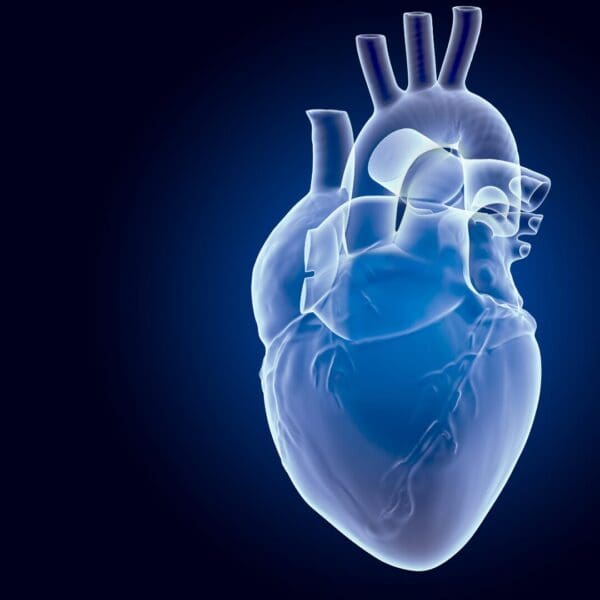Recent scientific research reveals fascinating connections between caloric restriction (CR) and cardiovascular health. Studies show that reducing caloric intake can significantly improve heart health and longevity. Sirtuins, special proteins that regulate cell metabolism, play a crucial role in this process.
The CALERIE Trial: Groundbreaking Evidence
A landmark study called CALERIE demonstrates impressive cardiovascular benefits from caloric restriction. This study showed that a 25% reduction in caloric intake over two years significantly lowered conventional cardiometabolic risk factors among healthy non-obese participants.
Additionally, caloric restriction has been shown to restore impaired endothelial function in aged mice and improve cytokine profiles and vascular disease markers in individuals with metabolic syndrome.
Heart Protection Through Metabolic Adaptation
Caloric restriction fundamentally changes cardiac energy metabolism. The heart shifts from primarily using glucose to utilizing fat for energy, preventing harmful cardiac hypertrophy. Research demonstrates several key benefits in cardiac tissue:
- Significant reduction in oxidative stress levels
- Improved recovery rates from ischemic events
- Enhanced sympathetic nerve function
- Better β-adrenergic receptor function in struggling heart muscle
These adaptations collectively lead to enhanced cardiac performance and protect against heart disease progression.
Comprehensive Vascular Benefits
Caloric restriction delivers powerful protection against atherosclerosis while promoting optimal vascular health through two primary mechanisms:
- Key Systemic Improvements:
- Lower blood pressure
- Enhanced lipid profiles
- Reduced inflammation
- Improved cytokine profiles
- Better vascular disease markers, especially in metabolic syndrome patients
- Vessel Wall Enhancements:
- Restoration of impaired endothelial function, particularly in aged subjects
- Enhanced endothelial nitric oxide synthase (eNOS) activity
- Improved microenvironment within vessel walls
- Better overall vascular wall function and health
The Role of Sirtuins
Sirtuins act as cellular sensors that respond to changes in energy intake. These proteins help regulate:
- Gene expression
- Metabolic processes
- Cellular stress responses
- Energy utilization
Scientists identify two pathways to understand how caloric restriction influences cardiovascular health through sirtuins: direct effects on the cardiovascular system mediated by sirtuins and indirect effects via changes in other metabolic organs that produce small molecules affecting sirtuin activity. This understanding opens new possibilities for heart disease prevention and treatment.
-Dr. P















